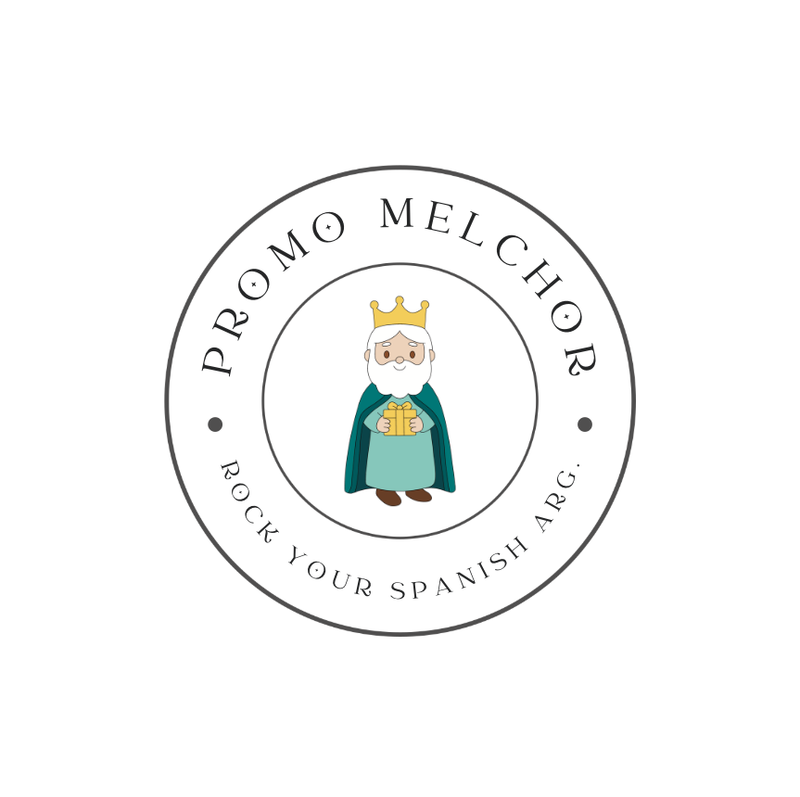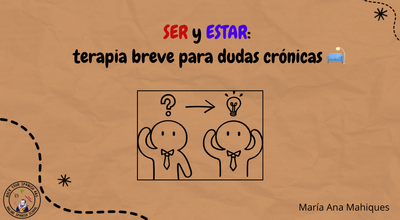Rock Your Spanish Arg.
Three Kings’ Day Limited-Time Offer

30-Class PRO Pack
Melchior’s Three Kings’ Day offer. Was $450 → Now $405 (Save $45). Offer ends January 30.

15-Class Pack Smart
Caspar’s Three Kings’ Day special offer. Was $255 → Now $230 (Save $25). Offer ends January 30.

One-on-one class (1 hour)
Balthazar’s Three Kings’ Day offer. Was $20/hr → Now $18/hr (Save $2 per hour). Offer ends January 30.
Courses - Book now

30-Class Pack PRO
Total:450 USD (25% OFF - save $150). Price per class: $15 Extras included: 20-min initial diagnostic session Personalized materials and homework

15-Class Pack Smart
Total: 255 USD Total: 255 USD (was $300 save $45). Price per class: $17 (15% off). Extras included: 20-min initial diagnostic session Personalized materials and homework

One-on-one class
Total pay: $20 per hour. (1-hour duration). Extras included: 20-min initial diagnostic session Personalized materials and homework
Vlog
¿Cuándo, dónde, por qué y cómo nace la letra Ñ en el idioma español? When, where, why, and how did the letter Ñ originate in the Spanish language?
La Real Academia Española (RAE) presentó, el pasado 10 de diciembre, la actualización 23.8 del Diccionario de la lengua española (DLE), también conocido como la Edición del Tricentenario | RAE - ASALE.
Café - Cafecito (it's written as 'cafeCito' because the original word doesn't have an 'S').
Andrés - Andresito (it's written as 'andreSito' because the original word has an 'S').
Lápiz - Lapicito (it's written as 'lapiCito' because the original word ends in 'Z').
Ebook
Download your ebook! 🚀 Tu Pasaporte al Español. Las Palabras Imprescindibles para Comunicarse con Éxito. Your Passport to Spanish. Essential Words for Successful Communication
Más informaciónFun Facts About Spanish - Curiosidades del español
What is leísmo? - Qué es el leísmo?
En español, existe una construcción llamada "leísmo" que ocurre cuando se utiliza el pronombre "le" en lugar de "lo" o "la" para referirse a un complemento directo masculino o femenino. Por ejemplo, en lugar de decir "lo vi" o "la vi", algunas personas podrían decir "le vi". Este fenómeno ocurre principalmente en algunas regiones de España y se considera incorrecto en la norma estándar del español. In Spanish, there is a construction called "leísmo" that occurs when the pronoun "le" is used instead of "lo" or "la" to refer to a direct object that is masculine or feminine. For example, instead of saying "lo vi" (I saw him) or "la vi" (I saw her), some people might say "le vi". This phenomenon mainly occurs in certain regions of Spain and is considered incorrect in the standard norm of Spanish.
¿El capital o la capital? Una letra puede cambiarlo todo en español -Capital or capital? One letter can change everything in Spanish.
Una de las curiosidades más fascinantes del español es que algunos sustantivos cambian de significado según su género. No es un error, ¡es una característica del idioma! El capital = el dinero o los recursos económicos ➡️ “El capital extranjero es clave para este proyecto.” 🔸 La capital = la ciudad principal de un país o región ➡️ “Madrid es la capital de España.” 🔸 El cura = el sacerdote ➡️ “El cura dio la misa a las 11.” 🔸 La cura = el remedio o tratamiento ➡️ “Encontraron la cura para la enfermedad.” 🔸 El cometa = cuerpo celeste que viaja por el espacio ➡️ “El cometa Halley pasa cada 76 años.” 🔸 La cometa = juguete que vuela con el viento ➡️ “Los niños volaban la cometa en el parque.” 🧠 ¿Por qué es importante esto? Porque el género no siempre tiene que ver con el sexo o el tamaño: puede cambiar el significado completamente. 💡 Tip: cuando aprendas una nueva palabra, anotá el género y un ejemplo en contexto. Eso te va a ayudar a recordar su uso con precisión. One of the most fascinating curiosities of Spanish is that some nouns change their meaning depending on their gender. It’s not a mistake, it’s a feature of the language! El capital = money or economic resources ➡️ “Foreign capital is key for this project.” La capital = the main city of a country or region ➡️ “Madrid is the capital of Spain.” El cura = the priest ➡️ “The priest held mass at 11.” La cura = the remedy or treatment ➡️ “They found the cure for the disease.” El cometa = celestial body that travels through space ➡️ “Halley’s comet appears every 76 years.” La cometa = kite (a toy that flies with the wind) ➡️ “The children flew the kite in the park.” 🧠 Why is this important? Because gender does not always correlate with sex or size—it can completely change the meaning. 💡 Tip: When you learn a new word, note its gender and include a contextual example. This will help you remember its correct usage.

